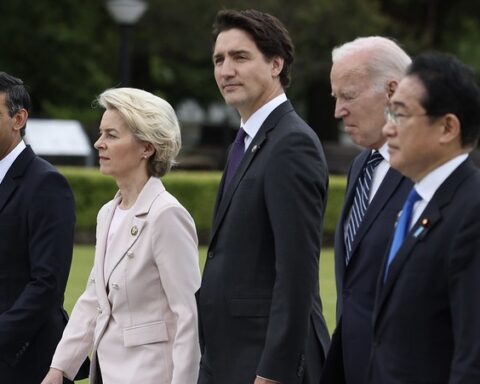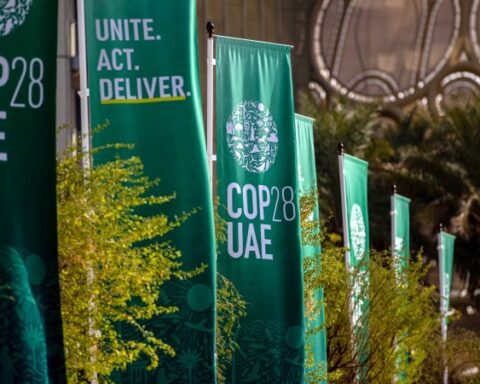National Governments Go Local To Deliver On Climate Commitments
With the recent gains from COP28, Nigeria now has an opportunity to incorporate sub national action plans and state policies on climate change.
As the federal government progresses on their National commitments, there needs to be a way to ensure their actions are mainstreamed into the state level and even tracked consistently, such as through the enactment of climate policies and allocated budget and action plans on climate change programmes, projects and activities, including high-level climate education and intentional capacity building.
At COP28, there was an unprecedented reference to transitioning away from all fossil fuels to enable the world to reach net zero by 2050.
However, this cannot be realized without recognizing that Individual nations, like Nigeria, in incorporating strong targets into their next round of NDCs, due in 2025, must be able to tailor adaptation strategies to their unique contexts, which is primarily based on the local and sub national contextual mapping.
To this end, State-based and Community-based strategies can encourage ownership, boost resilience and reinforce social cohesiveness, allowing flexibility in adaptation responses given the dynamic nature of climate change.
There is a heightened level of conversation on mainstreaming the sub national participation in the National action plan on climate change efforts.
Incorporating the states’ stakeholders and dissecting the impacts, policies and action plans at the sub national level is key to achieving the required climate solutions if Nigeria looks critically at building momentum on the gains of COP28.
The roles of the state government have become imminent to incorporate the key collaborative responsibility to explore, enhance and support the critical efforts of addressing climate change and related issues.
The bottom-up approach to resolving most of the climate crisis is what is needed to build to required climate resilience; which can only be attained when the subnational and local stakeholders are fully in the climate solution discourse.
We can not always keep the conversations around National plans or federal initiative projects without looking at the state level and the role the local and urban cities play in the overall climate action plan.
There is an ongoing awareness on the language use of ‘subnational’ perspective, needs, views and engagement on climate actions. State actors have become noticeably involved in the success stories of national climate actions.That needs to be increased.
When the subnational climate efforts are mainstreamed into the national action plan, amongst other bottom-up approaches, communities are empowered to participate in decision-making processes and in the development and execution of climate actions and adaptation strategies to ensure these efforts are contextually appropriate and meet local and state-level requirements.
The Principles for Locally Led Adaptation provides a useful framework to facilitate this process.
Decision-makers must enable meaningful participation and input from all vulnerable groups, including indigenous peoples, women, youths and others for instance, by publishing and disseminating information on climate impacts, policies and action plans, including adaptation efforts, in local languages to close knowledge gaps, amongst other climate awareness, publicity, and education efforts to build climate resilience.
Regions and cities have direct power over one third of greenhouse gas emissions and are responsible for over two thirds of climate related investments.
But too often, subnational governments have been missing from the global climate debate.
COP28 was a turning point, with recognition of the need for national governments to empower and partner with sub national governments.
This calls for action on the need to narrow down the climate action plans to cities, local areas and communities in the heart of subnational and state-level commitment.
Underscoring that a multilevel governance approach to support NAPs and NDCs will contribute to governments meeting their international commitments.
This call also sought to elevate the voices of local and regional governments and states, as well as highlight the need for dedicated financial mechanisms and support systems to scale implementation at the regional and local levels.
Subnational budgets as regards Climate Action need to be spelt and clearly spent. Policymakers need to develop climate policies and action plans that are tailored to the specific needs and vulnerabilities of each region, which helps in identifying the unique challenges faced by different subnational entities.
There should be subnational government initiatives to facilitate knowledge sharing and learning among subnational entities, so that successful climate action approaches can be shared, replicated, and scaled up to benefit other states and regions.
These recommendations are achievable with active and sustained engagement of stakeholders, including local communities, national, regional, multilateral and international organizations, public and private sectors, civil society and other relevant actors, as well as an effective management of local knowledge.
By Timothy Emenike Ogenyi,
Research Fellow,
Center for Climate Change and Development (CCCD), AE-FUNAI.








